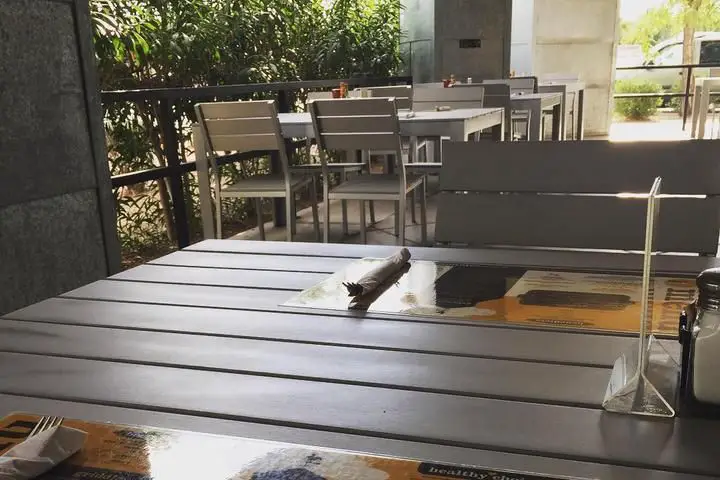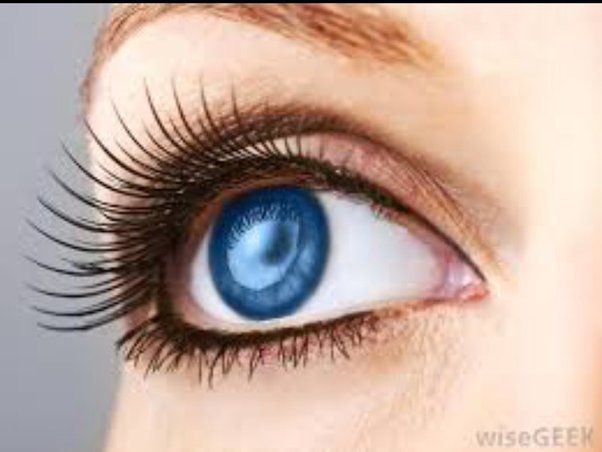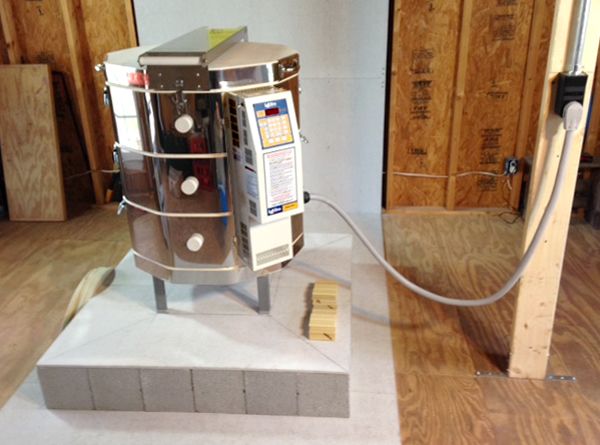What Is The Best Liquid To Mix Bentonite Clay With?
Bentonite clay is a type of clay derived from volcanic ash. It is known for its ability to absorb toxins and impurities from the skin. Bentonite clay is commonly used for facials, masks, and other skin treatments due to its cleansing and soothing properties.
When using bentonite clay for skincare, it is often mixed with a liquid to form a thick paste. The liquid helps activate the clay, making it more spreadable and easier to apply. It also helps determine the texture and consistency of the clay mask. People choose different liquids to mix with bentonite clay for various reasons. Some liqu
Water
Water is arguably the most common and readily available liquid to mix bentonite clay with. Here are some of the pros and cons of using water as the liquid:
Pros:
- Water is free and easy to access.
- It doesn’t add any flavors or smells that could clash with the earthy bentonite.
- Water allows you to control the thickness and consistency of the clay mask. You can add more or less to reach your desired texture.
Cons:
- Water doesn’t provide any additional skin benefits.
- Some people find mixing with plain water makes the bentonite too drying on the skin.
The general recommendation is to use just enough water to reach a thick, spreadable consistency, similar to a paste. Start with 1 tablespoon of water per 1 teaspoon of bentonite clay and adjust from there. You don’t want the mask to be too watery.
Apple Cider Vinegar
Apple cider vinegar (ACV) is another popular liquid to mix with bentonite clay. ACV has many beneficial properties that can enhance the effects of bentonite clay masks and treatments.
Some of the pros of using ACV include:
- ACV balances the pH of the skin, allowing the clay to work more effectively.
- The acetic acid in ACV gently exfoliates dead skin cells.
- ACV has antimicrobial and antifungal properties that can boost the cleansing effects of clay.
- The vitamins and minerals in ACV provide nutrients to nourish the skin.
Some potential cons to keep in mind:
- ACV has a strong, pungent scent that some find unpleasant.
- Using too much ACV can irritate sensitive skin.
The ideal ratio is about 1 tablespoon of ACV to 1-2 teaspoons of bentonite clay. Mix just enough liquid to form a thick paste. Test on a small area first to ensure your skin can tolerate ACV before applying a clay face mask.
Lemon Juice
Lemon juice is a popular liquid to mix with bentonite clay due to its cleansing and healing properties. The vitamin C and antioxidants in lemon juice provide a range of benefits when used on the skin and hair.
Some key benefits of using lemon juice with bentonite clay include:
- Brightening and evening skin tone – The vitamin C in lemon juice helps reduce pigmentation and brighten dull skin when used topically.
- Deep cleansing – Lemon juice contains citric acid which helps exfoliate dead skin cells, cleans pores, and removes excess dirt and oil.
- pH balancing – Lemon juice helps bring the pH level of bentonite clay masks back down to a level that is safe for the skin.
- Antibacterial properties – Lemon juice contains antioxidants that help fight acne-causing bacteria.
The recommended amount of lemon juice to mix with bentonite clay is around 1 tablespoon per 1-2 tablespoons of clay. Start with less lemon juice at first if you have sensitive skin. Apply the mask to clean skin and leave on for 10-15 minutes before rinsing.
Coconut Water
Many people find coconut water to be a great option for mixing with bentonite clay. Coconut water contains electrolytes like potassium and magnesium which can help replace minerals lost during detoxification.
Coconut water also has anti-inflammatory and antioxidant properties that can boost the effects of the clay. The lauric acid in coconut water has antimicrobial effects to support the removal of toxins.
In terms of the ratio, try mixing 1 tablespoon of bentonite clay with around 1 cup of coconut water. Make sure to use pure, 100% coconut water with no added sugars or preservatives for the best results.
Coconut water has more potassium than a banana and contains enzymes and amino acids like lauric, cysteine, and arginine. The electrolytes and nutrients make it an ideal pairing with bentonite clay.
Green Tea
Green tea is a popular liquid to mix with bentonite clay due to its high antioxidant content. The antioxidants in green tea, especially EGCG, have been shown to fight inflammation, improve brain function, and boost metabolism. When mixing bentonite clay with green tea, the clay is able to absorb these beneficial antioxidants while also absorbing toxins from your body.
To mix bentonite clay with green tea, first brew a cup of green tea either hot or cold. Allow it to cool slightly so as not to kill the beneficial bacteria in the clay. Then add approximately 1 teaspoon of bentonite clay per cup of tea, and whisk until fully dissolved. The antioxidants from the green tea will be imparted into the clay mixture while also providing a pleasant flavor.
Some people also opt to turn the green tea and bentonite clay mixture into a face mask. Simply mix the clay into cold green tea until it reaches a thick, spreadable consistency. Apply to skin and allow to dry for 5-10 minutes before rinsing. This provides both internal and external detoxification benefits.
Raw Honey
Raw honey is an excellent liquid to mix with bentonite clay due to its many health benefits. When you mix bentonite clay with raw honey, the honey provides additional skin-nourishing properties.
Raw honey is loaded with antioxidants, enzymes, vitamins and minerals that can boost immunity, fight inflammation, and keep skin healthy and hydrated. The enzymes found in raw honey also act as gentle exfoliants to help unclog pores and remove dead skin cells.
When it comes to the ratio of bentonite clay to raw honey, a good starting point is 1 tablespoon of clay to 1-2 teaspoons of raw honey. The honey helps thin out the clay so it can be applied smoothly to the skin. You can adjust the ratio based on your preference for texture.
Raw honey also contains natural antibacterial and antimicrobial compounds that can help cleanse skin and improve many common skin conditions like acne, eczema and rosacea when used along with bentonite clay. Just be sure to use high-quality, unfiltered raw honey for the greatest health benefits.
Aloe Vera Gel
Aloe vera gel is known for its soothing and healing properties, making it an excellent liquid to mix with bentonite clay. The mucopolysaccharides in aloe help retain moisture and soften skin. Aloe also contains antibacterial, antiviral and antifungal properties that can help treat acne and promote skin health.
When using aloe vera gel with bentonite clay, it’s recommended to use approximately 1 tablespoon of gel per 1 teaspoon of clay powder. The thicker gel consistency allows the clay mask to smoothly adhere to skin. Using too much aloe can make the mask runny and difficult to apply.
Aloe vera gel contains enzymes and polysaccharides that help stimulate new cell growth and repair skin damage. Its anti-inflammatory properties also help reduce redness and irritation. Mixing bentonite clay with aloe creates a soothing mask that cleans pores while providing nutrients to nourish skin.
Rose Water
Rose water is a popular and fragrant liquid that can be used to mix bentonite clay. It has many benefits that make it a great choice.
Rose water contains antioxidants and anti-inflammatory compounds that can help soothe sensitive skin when applied topically. The natural fragrance of rose also has relaxing and uplifting aromatic properties.
When mixed into a bentonite clay mask, rose water helps hydrate and condition the skin, leaving it looking radiant and refreshed. The astringent and antibacterial properties of rose water can also help cleanse the skin and tighten pores.
For mixing with bentonite clay, it is generally recommended to use a 1:1 ratio of rose water to clay. This balances the thick texture of the clay while still allowing you to get the full benefits from the rose water. Start with 1 tablespoon of each and adjust as needed based on your preference for mask thickness.
Some tips when using rose water in a bentonite clay mask:
– Use pure, organic rose water free of additives or fragrances
– Store in the refrigerator between uses to maintain freshness
– Apply to clean, dry skin and leave on for 10-15 minutes before rinsing
– Use once or twice per week for best results
With its refreshing scent and soothing properties, rose water is an excellent choice for mixing bentonite clay masks at home.
Conclusion
When looking for the best liquid to mix with bentonite clay, there are several great options to choose from based on your skin type and desired benefits. Water creates a smooth, basic clay mask suitable for most skin types. Apple cider vinegar adds a skin-brightening effect. Lemon juice also brightens while providing antioxidants. Coconut water infuses hydration. Green tea is packed with antioxidants to protect skin from environmental damage. Raw honey soothes and moisturizes. Aloe vera gel calms irritation and redness. Rose water tones, hydrates, and gives a pleasant scent.
Some tips for mixing and using your bentonite clay mixtures: Start with equal parts clay and liquid, adjusting the ratios as needed to achieve a smooth, spreadable consistency. Apply your mask, allowing it to dry for 5-15 minutes before rinsing. Cleanse and moisturize skin afterward. Store any extra mask in an airtight container for 1-2 weeks. Patch test before full facial application to check for sensitivity. Enjoy the many benefits of bentonite clay and customize your own nourishing, skin-enhancing masks.




